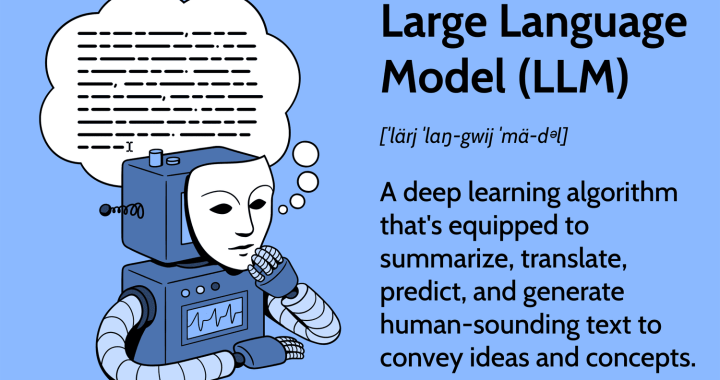Feel free to fail. You are climbing over a stumbling block. That’s one.
What are other, recent life lessons? Some silly things. I feel like I am holding a hot ginger tea and wearing pajamas as I explain things or muse, like some youtubers I saw recently. But on an unrelated note, why is it pajama and not pijama?
A beautiful word, pajama. <The urge to read its etymological history reminds me of passing a kebab stand at a hunger time of day.> This is not a life lesson, but one that is coming back now: that to stare at any word brings a whole library along with it, one unraveling dream after another. Pajama. Look at that word and tell me you don’t feel anything. A more patient soul than me could draw some lovely lines from that one word, I bet. <The urgency to write a poem titled “pajama” reminds me of a fruit bowl full of itself in an office kitchen, which, with satisfaction, I deny.>
For real, what are some recent life lessons. Mostly, about Logic and Systems. About writing.
Logic because of the books I’ve been reading lately. That is the need to take steps and use hierarchies. Systems, because of a book, the chance to integrate to a company, and more. This is the interconnection of systems, really, the feedbacks and the delays. Both are being described vaguely, I’m afraid. After all, it’s only a notes post.
Fine, let’s focus.
In the Zen book, the narrator assigns a university writing class an open-ended 500-word essay. But when one student proposes to write an essay on the United States, the narrator asks why she wouldn’t rather write about something specific. She says, she can’t think of anything. So, he suggests their state. She draws a blank. He suggests she narrow it down even further, write about the city. Still, she can’t think of 500-words. Dumbfounded, the narrator can’t imagine why his student, a studious one in other classrooms, can’t come up with 500-words. So, the narrator suggests she write about the main boulevard. But she still can’t think of anything. Blocked. He says, look, go to the center of town, stand at the intersection and write about the church, and if you can’t think of anything start with the small brick in the upper right corner of the door.
The next day, the student comes back with five thousand words. Evidently, she had been unblocked in an unprecedented way. Why, wonders the narrator, such an outpouring? After some thought, he realizes that when you narrow your scope to a microscopic level, then you are able to say personal and unique things. Words flow.
Later, he starts giving assignments like, describe your thumb, tell a story about a coin, things like that, things that had never been written before, or were highly specific. Thus were easy.
This is a life lesson for me, because of course I’m sometimes running into that “what do I say next?” phase of the creative process. But it helps to remember that the block might result from a vague and large next topic. If originality is your aim, be specific, even with time and place. I am in a new city, in a new neighborhood, with coffee and tea in my stomach, no yerba mate. The time is 10:05 AM as I write (10:35 as I edit), hunger bites. Where is the nearest kebab shop? Maybe today’s the day.
Another life lesson came from this article, about memory. It was writer’s advice, which sounds unrelated, but is actually a thinking tip anyone can utilize.
General advice: if you want to make a set of data points memorable, you make them interact in unusual ways using imagination. Instead of telling yourself, “remember to take my birth certificate with me to work tomorrow,” try visualizing making an omelette with your birth certificate for breakfast. Another example, instead of memorizing a random string of numbers and upper/lower case letters for a password, try using a set of funny words, such as, “PolarCatsGoWoof.” Sounds weird? Read the article!
Writer advice: if you want to write a “cup” and a “spoon” into a scene, do not place the spoon inside the cup. Here’s another more interesting arrangement: the spoon lies mouth-down and the cup mouth-down upon it. Or a spoon making out with a cup, while a protagonist tries to call an ex. Now that’s an image. Ever notice how you only notice things that are new or broken? That’s probably the best description of a breakout new novel: something new and broken.
And then? And then?
Just the simple share yourself with people you meet. Be open and calm. Think positive, since thoughts cause action. The usual. The mistakes and fails thing. Yeah. That!




